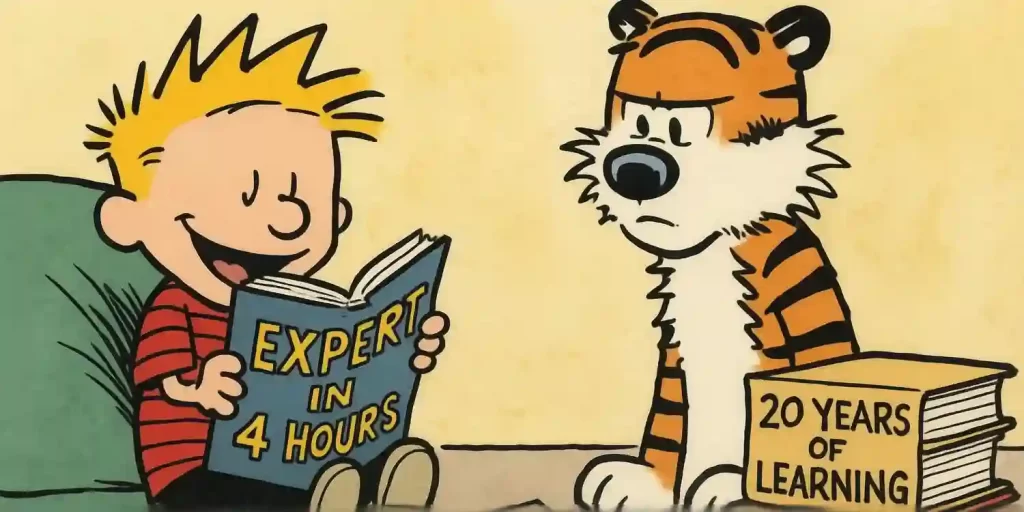Simon Willison’s blog post mentioned MDN’s browser compatibility tables that list the earliest release date for each browser feature. I figured: let’s see which browsers release features fastest.
I calculated average delay for each browser’s feature release. For each browser, I looked at how many days after the first release it took to add a feature, averaged it, and published an interactive, scrolly-telling data story.

What’s interesting is that I built almost all of this using LLMs in about 4 hours with
- Cursor + Claude 3.7 Sonnet for data disualization, and
- Gemini 2.5 Experimental 03-25 for the story
Here’s what I learned in the process.
The real winners are off-beat stories. Earlier, I’d spend 16-24 hours per visual. So, I’d stick to the “important” stories I wanted to tell. Now it takes four hours. That frees me to experiment and share those lesser data stories that get overlooked. This change is incredibly powerful.
LLMs don’t replace all expertise. For example, when I saw the data, it didn’t immediately tell a story. It took me some time to realize the story isn’t how slow browsers are, but how browsers’ speed evolved over time. For example, in Firefox’s early days, it was the only browser actively releasing features. These days, it’s one of the slowest. Figuring that out took expertise.
I spent two decades studying data visualization. So, this comes naturally to me. How does someone new build expertise?
Expertise is a moving frontier.
- At BCG in the early 2000s, I built interactive stories with PowerPoint. My PowerPoint skill was the critical expertise.
- At Gramener in the early 2010s, I used D3 for interactive stories. My programming skill was the critical expertise.
- Now, in the mid-twenties, LLMs write code with ease. My expertise is in choosing the right visual and shape the right narrative.
As tools change, expertise evolves. I don’t know what the next frontier of expertise will be. I couldn’t predict the last few. I can’t predict the next.
But LLMs can help build expertise. In this project, I missed an opportunity to learn. I should have asked the LLM to show me a dozen options to visualize the data. For example, “Show a version geared toward an executive, a technologist, or a general audience”. “Critique each.” Such practice can help anyone – beginner or expert – build skill and learn. Practicing this is hard, but LLMs do help in this process.
But what gives me confidence is that LLMs help me learn. So, when the next frontier arrives, I’m less worried I’ll be too old. I think we’ll have tools to build expertise too.
Update (28 Mar 2025): Earlier, I wrote that “LLMs don’t replace expertise”. I inferred that because I (an expert) could use an LLM well. This research with 700+ people at P&G shows that when given LLMs, outsiders perform as well as insiders. So, I corrected my statement to say, “LLMs don’t replace all expertise.”

This is really insightful. I especially loved the visualization and learning that it was made with the help of AI was shocking even though I have generated similar things myself. What stood out I guess was this realization that the prompts reflected expertise. You really had an intuitive idea of direction. Maybe knowledge management along with LLMs augmenting our work is the way forward.